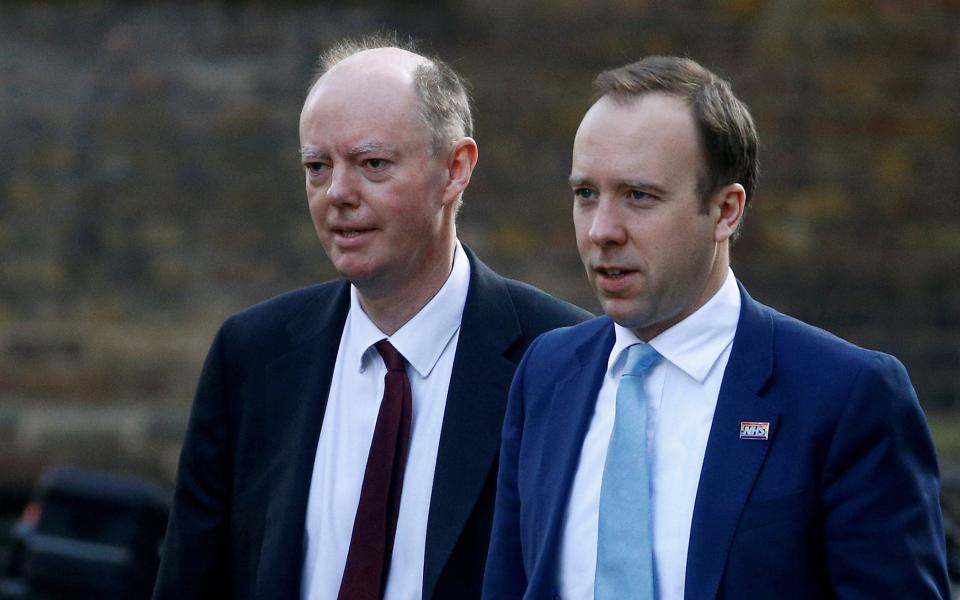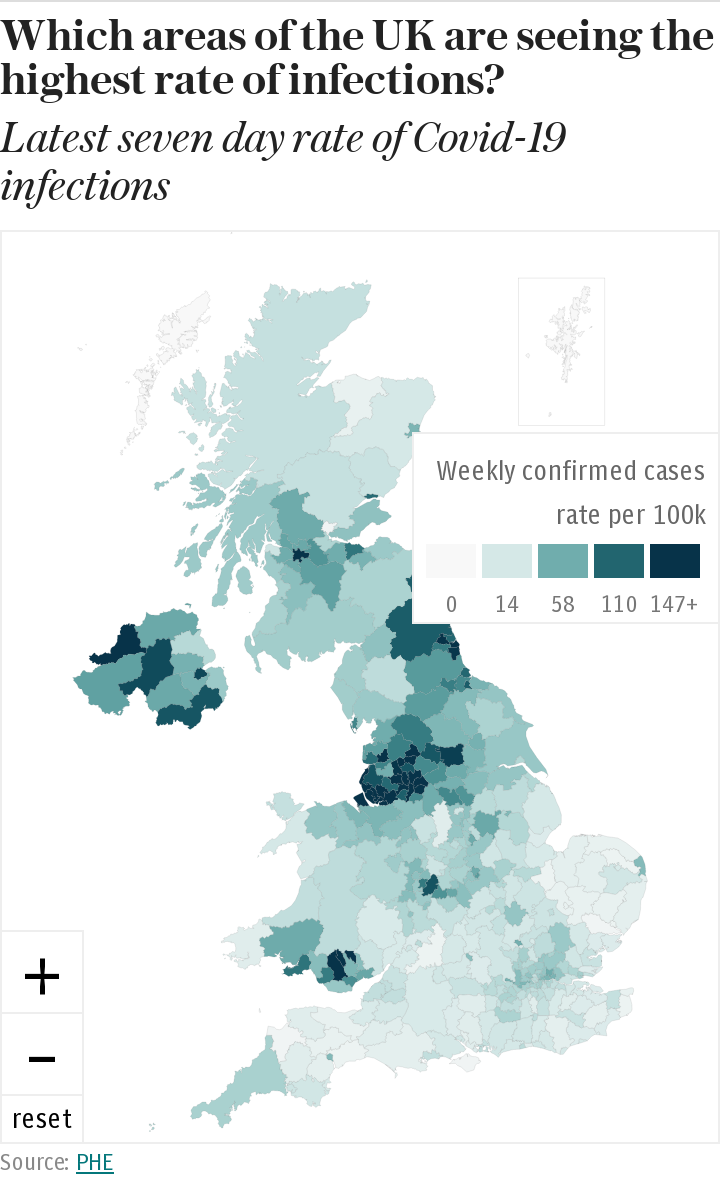Prof Chris Whitty hampering back-to-work message amid worries he may resign, ministers warn


Professor Chris Whitty is hampering the Government’s return to work message because ministers fear he could resign if too many people return to the workplace at once.
Cabinet sources have told The Telegraph ministers believe Prof Whitty could leave his post as Chief Medical Officer if they push too hard on their plans to reopen workplaces in an attempt to get the economy moving.
Prof Whitty fronted many of the Government’s first Covid-19 briefings from Downing Street, and is seen by the public as one of the most trustworthy voices in the debate over how to handle the pandemic.
If he were to resign over a conflict of opinion with the Government, it would undermine any attempts by ministers to persuade the public to follow its advice, it is feared.
Prof Whitty has recently urged caution in reopening offices and other workplaces too quickly.

Appearing at a Health select committee meeting in July, the Chief Medical Officer said social distancing measures would be necessary for “a long period of time,” including in workplaces.
Prof Whitty has repeatedly cast doubt on the idea that a coronavirus vaccine will be found within months, and urged the continuation of strict distancing measures designed to prevent the spread of the virus.
His comments came just hours after Boris Johnson, the Prime Minister, announced a “significant return to normality” by releasing Britain from many of the restrictions put in place on the advice of Government scientists after the pandemic began.
Ministers’ latest concerns come after reports in June that both Prof Whitty and Sir Patrick Vallance, the Government’s Chief Scientific Advisor, were considering resignation over the relaxation of the two-metre social distancing rule.
Sir Patrick said there was “no reason” to alter the Government’s policy of encouraging people to work from home.

The two advisors were said to be considering putting their opposition to Government plans in the public minutes of Sage - the Government’s scientific advisory group.
The public has since been told to maintain a distance of “one metre plus” in indoor spaces where a two-metre bubble is not possible, and to return to work.
Despite the apparent division between his advisors and ministers, Mr Johnson has insisted the Government is following the latest science in designing its safety measures and stressed the importance of “getting our overall economy moving again”.
Unemployment has increased during the pandemic, and the UK’s GDP has been hit by the worst retraction in 41 years.

A public information campaign to encourage employees back to their workplaces begins this week and will be distributed mainly through local and regional media.
A Department of Health and Social Care spokesman said: "The claim that the Chief Medical Officer has threatened to resign is not true and it would be wholly inaccurate to suggest otherwise... [he] has worked closely with government throughout the pandemic to provide the latest medical advice and will continue to do so."
George Eustice, the Environment Secretary, said on Monday he wanted “as many people as possible” to return to work, but admitted the Government has not set a target for the number of people it would like back in the workplace.
“We don’t have a target other than to make sure that it is safe for people to return to work, and that does require, for instance, fewer work stations,” he said.
“People can work safely in an office environment and we want to encourage those conversations to take place.”
Mr Eustice was not able to answer how many of his own civil servants had returned to the workplace.

 Yahoo Movies
Yahoo Movies 